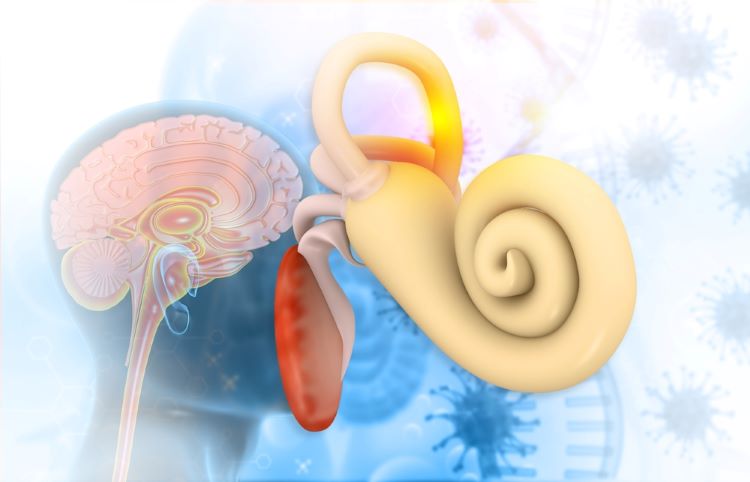Gene therapy could improve genetic deafness
Posted: 3 July 2025 | Catherine Eckford (European Pharmaceutical Review) | No comments yet
The study represents the first time the injectable gene therapy has been evaluated in teenagers and adults.


New data from an ongoing study shows that a synthetic adeno-associated virus (AAV)-based gene therapy can improve hearing in individuals with congenital condition autosomal recessive deafness 9.
It evaluated ten participants aged between one and 24 years old with a genetic form of deafness or severe hearing impairment caused by OTOF gene mutations. This results in otoferlin deficiency, a protein with a key role in transmitting auditory signals from the ear to the brain.
The gene therapy delivers a functional version of the OTOF gene to the inner ear via a single injection.
A potential injectable gene therapy for deafness – data highlights
Hearing improved in all patients after just one month, according to the researchers. A six-month follow-up reported that all participants achieved considerable hearing improvement. For instance, the average volume of perceptible sound improved from 106 decibels to 52.
Response to the gene therapy was most notable in children aged between five and eight”
Response to the gene therapy was most notable in children aged between five and eight, the results demonstrated. The researchers highlighted that one seven-year-old participant recovered almost all hearing and could hold daily conversations four months later.
Overall, the gene therapy was safe and well-tolerated, the researchers concluded.
While smaller China-based studies have demonstrated positive outcomes in children, the study represents the first time that the method has been evaluated in teenagers and adults, according to Dr Maoli Duan, consultant and docent at the Department of Clinical Science, Intervention and Technology, Karolinska Institutet, Sweden, and one of the study’s corresponding authors. “…We will now be following these patients to see how lasting the effect is.”
“OTOF is just the beginning,” added Dr Duan. “We and other researchers are expanding our work to other, more common genes that cause deafness, such as GJB2 and TMC1. These are more complicated to treat, but animal studies have so far returned promising results. We are confident that patients with different kinds of genetic deafness will one day be able to receive treatment.”
The paper was published in Nature Medicine.
Related topics
Biopharmaceuticals, Clinical Development, Clinical Trials, Data Analysis, Drug Development, Drug Safety, Gene therapy, Industry Insight, Research & Development (R&D), Therapeutics







![Roche logo sign lit up [Credit: testing/Shutterstock.com].](https://www.europeanpharmaceuticalreview.com/wp-content/uploads/Roche-3-400x187.jpg)

